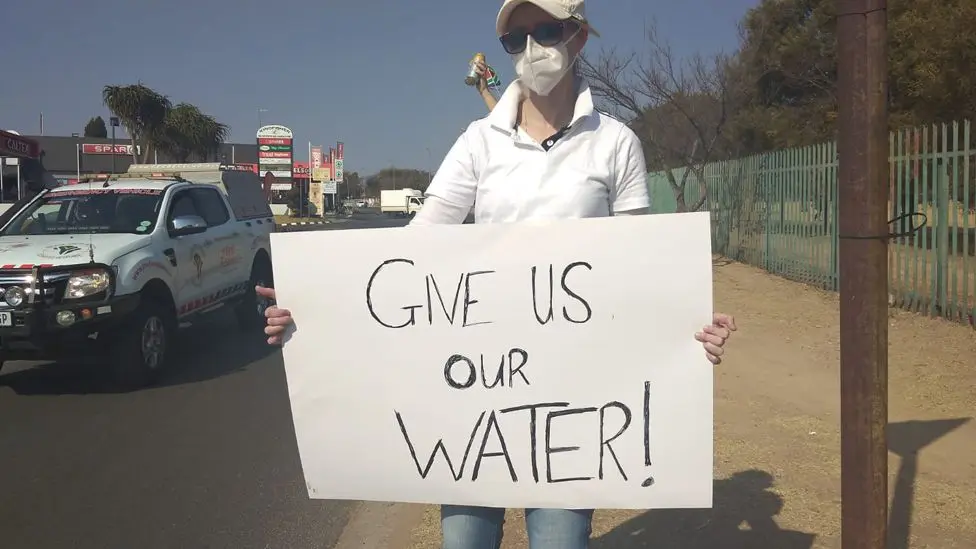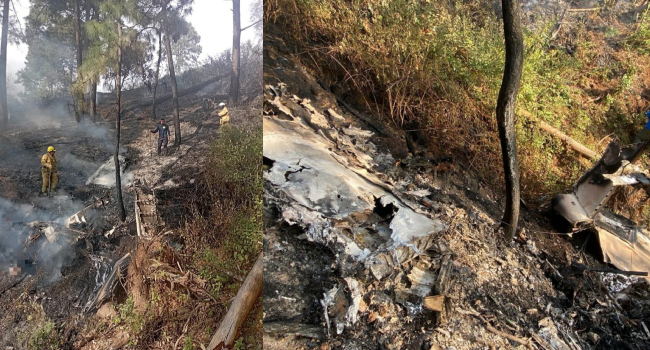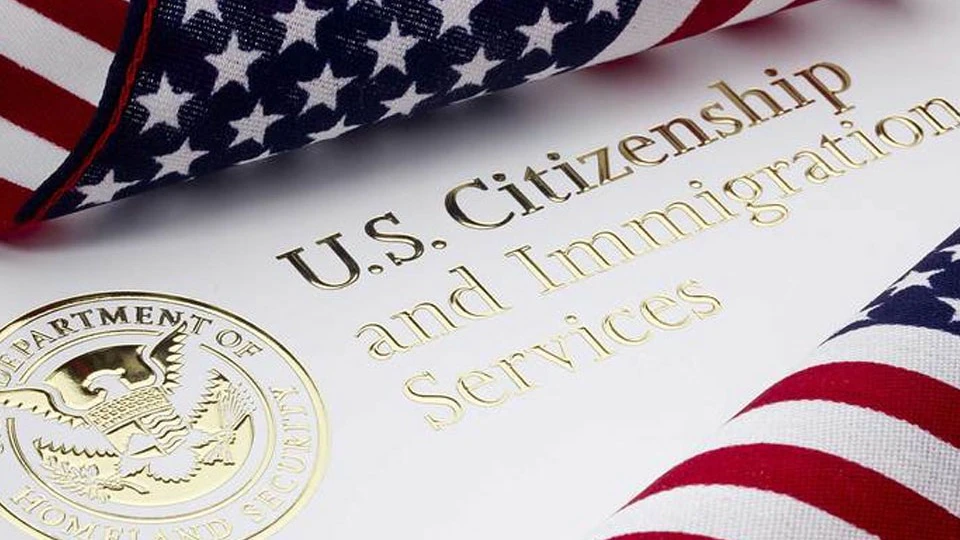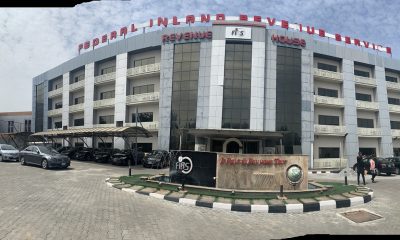World
South Africans suffer shortage of water over epileptic power supply

The epileptic power supply in South Africa has led to the shortage of water as taps run dry in cities like Johannesburg and Pretoria, according to BBC.
Sipho Mosai, the head of state-owned Rand Water, one of the country’s main water providers said the country’s electricity woes, with regular lengthy scheduled blackouts hit hard on the people.
The report said wealthy individuals are resorting to private boreholes as the best alternatives to taps, naming Garsfontein as one of the places.
“All of our stations, they need electricity, they need power. You have to pump water everywhere where it is needed,” said Mosai.
South Africans are reportedly frustrated as much of the domestic water supply depends on electricity to pump it from the source to the vast high plain on which the cities of Johannesburg and Pretoria sit, BBC said.
“I am tired of not knowing when we will have water and when we won’t,” the frustrated homeowner revealed.
“Having a borehole means we won’t have to depend on the government so much, it’s what’s best for my family.”
“Electricity is really at the heartbeat of what we do and if we don’t have it externally, at least for now, it becomes a problem.”
“Some days I don’t have both water and electricity, and this can be for days at a time. It makes daily life insufferable,” says Zizi Dlanga, a 35-year-old private wealth manager.
Dlanga narrated that she lives in a two-bedroom apartment in an affluent suburb in the north of Johannesburg with her sister who is a trainee doctor.
However, with the current power and water crisis, she has shifted to stocking up on water when it is available and going to a gym to take a shower.
“My water bill stays the same even with all the cuts. I feel frustrated, I don’t have access to water alternatives [like a borehole] that would make this bearable for me,” she added.
There are, of course, millions of South Africans who have lived without having water piped into their homes for years. But the intermittent domestic supply is just one aspect of a multi-pronged problem facing the water industry.
“We are in a state of systemic failure, the water sector is collapsing,” expert Prof Anthony Turton told the BBC.
The lack of electricity has aggravated issues created by poorly maintained infrastructure, which has led to vast leaks as well as sewage problems, and a supply of water that cannot meet demand.
Seventy million litres of treated, clean, drinkable water are lost every single day because of leaks that are endemic in the crumbling water system.
Most of the water wastage identified has been linked to badly run municipalities that are not investing in maintenance, partly because of corruption and theft.
World
Trump dismisses claims of handing presidency to Musk as ‘hoax’

Could Elon Musk, who holds major sway in the incoming Trump administration, one day become president? On Sunday, Donald Trump answered with a resounding no, pointing to US rules about being born in the country.
“He’s not gonna be president, that I can tell you,” Trump told a Republican conference in Phoenix, Arizona.
“You know why he can’t be? He wasn’t born in this country,” Trump said of the Tesla and SpaceX boss, who was born in South Africa.
The US Constitution requires that a president be a natural-born US citizen.
Trump was responding to criticism, particularly from the Democratic camp, portraying the tech billionaire and world’s richest person as “President Musk” for the outsized role he is playing in the incoming administration.
As per ceding the presidency to Musk, Trump also assured the crowd: “No, no that’s not happening.”
The influence of Musk, who will serve as Trump’s “efficiency czar,” has become a focus point for Democratic attacks, with questions raised over how an unelected citizen can wield so much power.
And there is even growing anger among Republicans after Musk trashed a government funding proposal this week in a blizzard of posts — many of them wildly inaccurate — to his more than 200 million followers on his social media platform X.
Alongside Trump, Musk ultimately helped pressure Republicans to renege on a funding bill they had painstakingly agreed upon with Democrats, pushing the United States to the brink of budgetary paralysis that would have resulted in a government shutdown just days before Christmas.
Congress ultimately reached an agreement overnight Friday to Saturday, avoiding massive halts to government services.
World
Seven confirmed dead in Western Mexico plane crash

At least seven people died when a light aircraft crashed Sunday in a heavily forested area of Jalisco in western Mexico, local authorities reported.
The aircraft, a Cessna 207, was flying from La Parota in the neighbouring state of Michoacan.
Jalisco Civil Protection said via its social media that the crash site was in an area that was difficult to access.
Initial authorities on the scene “reported a preliminary count of seven people dead,” who haven’t been identified yet, according to the agency.
“A fire was extinguished and risk mitigation was carried out to prevent possible additional damage,” it added.
Authorities said they were awaiting the arrival of forensic investigators to remove the bodies and rule out the presence of additional victims.
World
12 Pathways to U.S. citizenship available in 2025

There are twelve main pathways for individuals to apply for U.S. citizenship, each with specific criteria and procedures.
These options include family-based immigration, employment opportunities, and asylum, providing various routes for those seeking U.S. citizenship.
According to the DAAD Scholarship, prospective applicants can pursue different immigration routes, depending on their situation.
From marriage to a U.S. citizen to qualifying for the Diversity Visa Lottery, each pathway leads to permanent residency and, eventually, citizenship.
Below is a breakdown of the twelve most common ways to gain U.S. citizenship.
1. Military Service Pathway
Non-citizens who serve in the U.S. military can apply for naturalization during active duty or after one year of service.
Apply here: Naturalization through Military Service
2. Family-Based Immigration (Immediate Relatives)
Immediate relatives of U.S. citizens—spouses, parents, and unmarried children under 21—do not face annual visa caps. After receiving a Green Card, they can apply for citizenship after 3 to 5 years.
Apply here: Green Card for Immediate Relatives
3. Marriage to a U.S. Citizen
Marrying a U.S. citizen allows immigrants to apply for a Green Card through a spousal visa. After three years of marriage as a permanent resident, they may apply for naturalization.
Apply here: Spousal Visa Information
4. Diversity Visa (DV) Lottery
The Diversity Visa Lottery offers a random selection process for applicants from countries with low immigration rates to the U.S. If selected, individuals receive a Green Card and can apply for citizenship after five years.
Apply here: DV Lottery Application
5. Employment-Based Immigration (EB-1, EB-2, EB-3)
Highly skilled workers or professionals in high-demand fields may obtain a Green Card through employment-based visas, including EB-1 and EB-3 categories. After five years, applicants can apply for U.S. citizenship.
Apply here: Employment-Based Green Card
6. Refugee or Asylum Seeker Pathway
Individuals fleeing persecution can apply for refugee or asylum status and later adjust their status to permanent resident. After five years, they may apply for citizenship.
- Apply here: Asylum Application
- Apply here: Refugee Information
7. Family-Based Immigration (Preference Categories)
Siblings and married children of U.S. citizens can apply for Green Cards, though the process may take several years due to long waiting times. Once approved, applicants can apply for citizenship after five years.
Apply here: Family Preference Green Card
8. Study-to-Citizenship Pathway
International students who graduate from U.S. universities on F-1 visas can transition to work visas like H-1B, secure employer sponsorship, and eventually apply for citizenship after five years.
Apply here: Steps to Naturalization
9. Special Immigrant Visas and Humanitarian Pathways
Special immigrant visas are available for those who have worked with U.S. forces abroad or victims of trafficking. After receiving a Green Card, they may apply for citizenship.
Apply here: Special Immigrant Visa
10. EB-5 Investor Visa
Through the EB-5 program, individuals who invest $900,000 to $1.8 million in a U.S. business may obtain a Green Card. Citizenship can be pursued after five years.
Apply here: EB-5 Immigrant Investor Program
11. Adoption Pathway
Children under 18 who are adopted by U.S. citizens automatically gain citizenship upon entering the U.S. as permanent residents.
Apply here: Adoption Process
12. Special Legal Provisions
Some individuals may qualify for citizenship under special provisions, such as the U visa for victims of crime or the registry for those who have lived in the U.S. since 1972.
Common requirements for U.S. citizenship
Regardless of the pathway, applicants must be at least 18 years old, have continuous residence for 3 to 5 years as a Green Card holder, and be physically present in the U.S. for 18 to 30 months, depending on their specific situation.
Additionally, applicants must demonstrate good moral character, pass an English and civics test, and take the Oath of Allegiance.
The road to U.S. citizenship in 2025 involves multiple options, each with its own challenges. Understanding the requirements of each pathway is essential for anyone seeking permanent residency or citizenship in the United States.
-

 News7 days ago
News7 days agoNaseni’s Executive Vice Chairman, Khalil Suleiman Halilu, Named 2024 Winner Of Daily Global Newspaper Conference Series Award For Science, Technology, Innovation, And Infrastructure
-

 Relationships1 week ago
Relationships1 week agoFour dating tips for single mum
-

 Relationships5 days ago
Relationships5 days ago‘I wish I met you before the wrong person’ – says Portable’s baby mama, Honey Berry, as she flaunts new lover
-

 Politics1 week ago
Politics1 week agoIbrahim Kashim resigns as Bauchi SSG
-

 Entertainment1 week ago
Entertainment1 week agoApostle Femi Lazarus, others top Spotify most streamed podcasts in Nigeria, Kenya, South Africa
-

 News6 days ago
News6 days agoLagos state government shuts Lord’s Chosen Church, businesses across Lekki, VI, others over noise, environmental infractions
-

 Business4 days ago
Business4 days agoPoS operators increase withdrawal charges, blame electronic levy, cash scarcity
-

 Politics1 week ago
Politics1 week agoRep seeks increased participation of women in politics



























